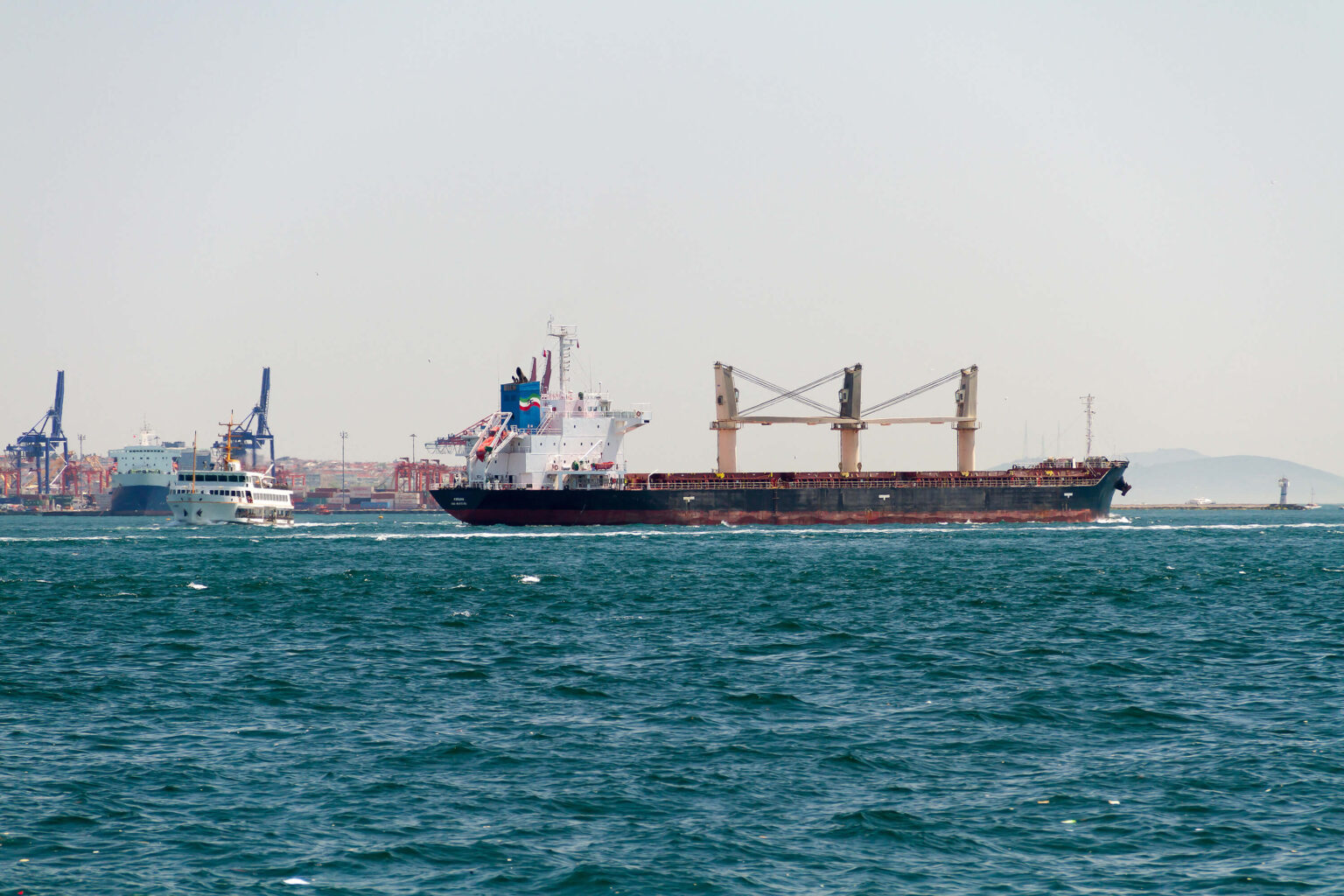Enforcement and policy shifts drove more tanker evasion, false flagging and risk, with compliant owners advantaged as trade routes lengthened
Maritime artificial intelligence firm Windward hosted a sanctions webinar on 30 October 2025 that examined how enforcement trends, false flagging and the expanding dark fleet reshaped risk in 2025.
Windward director of product marketing Hila Sasson framed “a new era of maritime evasion” and said “shipping never stops.”
Windward senior maritime intelligence analyst Michelle Wiese Bockmann said sanctions, tariffs and trade disputes had “smashed records for deceptive shipping practices” and described the dark fleet as “a serious maritime security threat.” She reported that false-flag vessels had surged, with “numbers… now… double January’s level and at a record,” and noted registry reshuffles and Baltic scrutiny. “Shipping is going darker,” she said.
Stena Bulk president and chief executive Erik Hånell linked restrictions and tariffs to tighter supply and stronger markets, warning that safety risk had risen as poorly maintained vessels proliferated. He expected an immediate price response followed by a later reset. “The psychological effect is… immediate,” he said. He also urged authorities to expand prohibited ship-to-ship (STS) zones, require protection and indemnity group insurance proof and improve monitoring and rapid response.
Independent sanctions consultant and former US Office of Foreign Assets Control official Claire Grunewald said the latest designations against Rosneft and Lukoil would chill counterparties well beyond the United States because subsidiaries and owners faced exposure, “These actions… were really meant to deprive Putin from receiving revenue from these oil sales,” she said, adding that foreign financial institutions dealing with sanctioned entities “could be sanctioned themselves.”





